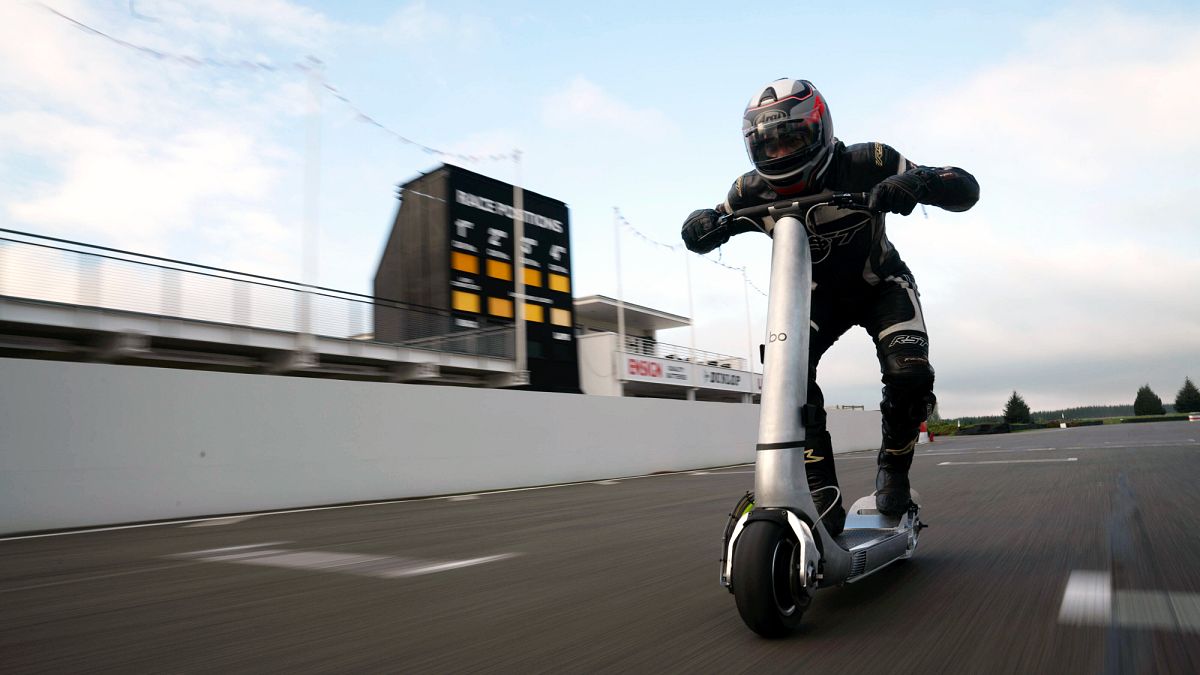

In recent developments, Europe has witnessed remarkable shifts in both artificial intelligence (AI) and urban mobility sectors, underscoring a dynamic era of technological evolution aimed at competitiveness and innovation. These key transitions affect not only the technological landscape but also how cities like Madrid position themselves as vibrant hubs of the future.
One of the standout innovations capturing attention is a next-generation racing e-scooter capable of reaching speeds of up to 160 km/h. This remarkable vehicle is slated for delivery in Madrid to coincide with the city’s first-ever Formula 1 Grand Prix in 2026, presenting a bold step in urban mobility. With this move, Madrid embraces a future of dynamic and swift transportation, reinforcing its status as a city ready to merge tradition with cutting-edge technology.
Parallel to these urban mobility transformations, the arena of AI in Europe has been experiencing significant discussions and strategic maneuvers. Between the European Union’s efforts to frame regulations such as the AI Code of Practice and broader market forces at play, the atmosphere is charged with both promise and challenges. The EU’s efforts are part of its broader Data Union Strategy, which seeks to cultivate an environment conducive to AI innovation. This strategy is designed to streamline data usage rules and expand data flows globally. However, some essential issues, such as unfair business-to-business (B2B) data sharing, remain pressing concerns needing more focus in the upcoming phases.
However, not all companies are aligning seamlessly with these regulatory goals. Meta, notably, has opted not to endorse the EU’s AI Code of Practice, a stance shaped by ongoing debates and robust lobbying. Meta has expressed concerns that certain regulatory measures may inadvertently stifle innovation. This tension highlights the ongoing struggle to balance regulation with the agility and freedom needed for technological advancement.
In a broader context, Europe’s position within the global AI race seems to be under increasing scrutiny. The US’s “Magnificent Seven” technology companies have surged decisively ahead, leveraging rapid AI-driven growth and leaving their European counterparts, who often operate in more traditional sectors, striving to catch up in this new economic paradigm. This stark contrast calls for renewed strategies that leverage Europe’s unique strengths while addressing existing structural gaps in innovation.
As these narratives unfold, they reflect a period of transition, where traditional frameworks are being challenged by the imperative to innovate and adapt swiftly. With cities like Madrid leading bold advances in urban mobility, and the continued evolution of AI strategies, Europe is at a pivotal moment of redefining its technological future. This journey, although fraught with challenges, is also poised to offer exciting opportunities for growth and resilience in the face of global competition.
Source: {link}
